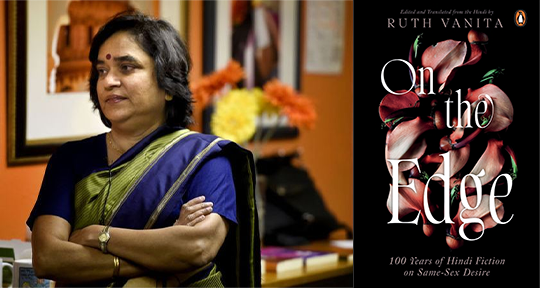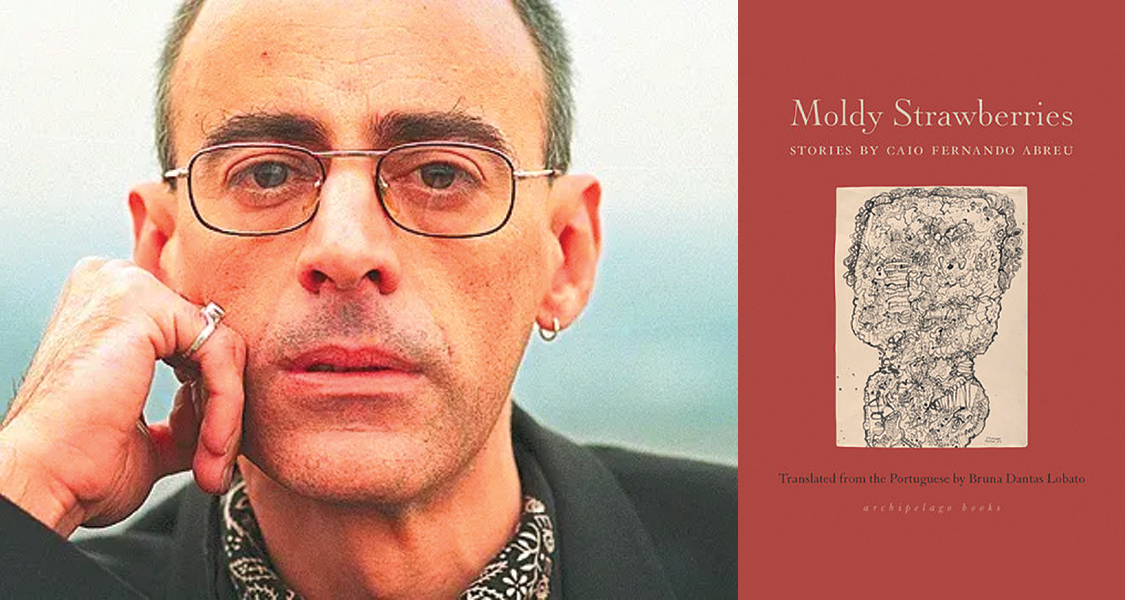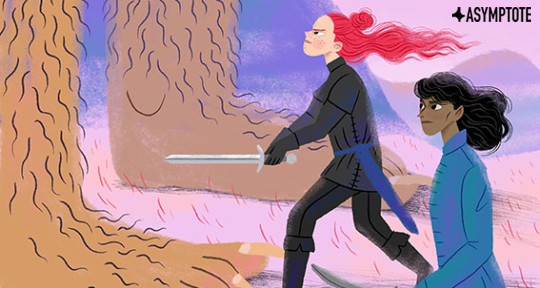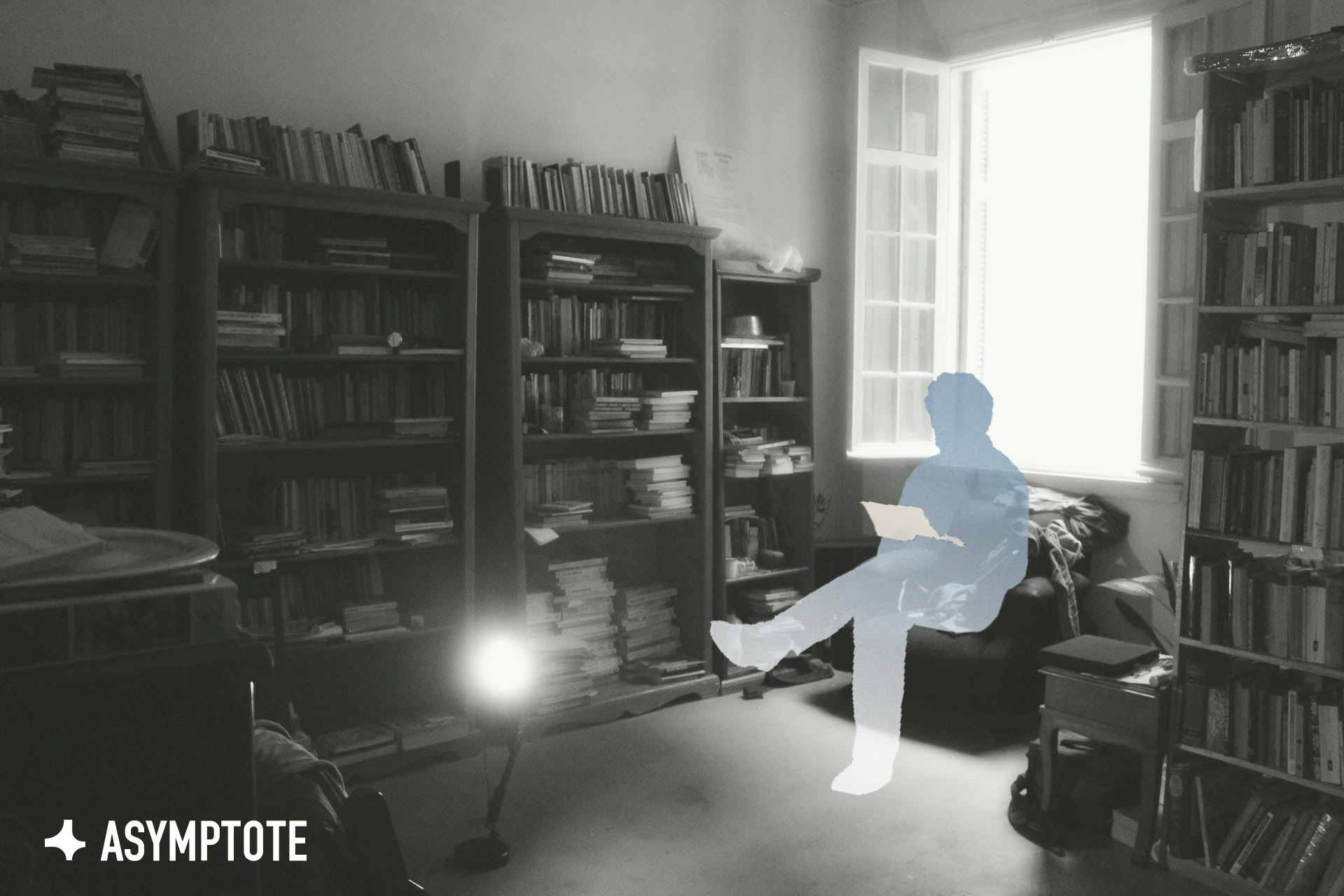On The Edge by various authors, translated from the Hindi by Ruth Vanita, Penguin Random House India, 2023
“We all live in a prison of some kind,” Manoranjan, the protagonist of Sara Rai’s story “Kagaar Par,” tells his lover Javed, from whom he is separated both by barriers of class and religion, and by the glaring fact of social opposition to same-sex relationships. “Not being able to love openly is my prison. . . I know that it’s very hard for an ordinary man to understand my compulsions and to love a prisoner.” The story’s title, translated as “On The Edge,” lends its name to this anthology of translations from Hindi by Indian author, professor, and activist Ruth Vanita, and echoes the themes of queer desire and alienation that run through the collection.
This book comes amid what the Booker Prize-winning translator Daisy Rockwell has described as a “boomlet” in translations of modern Hindi literature—a boom in comparison to the previous dearth of translations, but one in which “so much remains untranslated and unpublished,” including key modern works. On The Edge, which includes modern and older stories, can in some ways be considered part of this boom, which is highlighting the variety and depth of Hindi literature. The story collection also comes at a time when same-sex relationships in India are under increased scrutiny—the Supreme Court is currently deciding a batch of petitions to expand existing marriage laws to include same-sex marriages—and in this context, it is also an attempt to unearth stories depicting queerness in Hindi literature
In this way, Vanita’s anthology makes a powerful statement against the frequent assertion that homosexuality is an aberration or alien to Indian culture. This view of Hindi literature as devoid of queer stories is a common one. In the introduction to this anthology, Vanita demonstrates how widespread this misreading is, quoting Namvar Singh, a revered Marxist critic of Hindi literature, who described homosexuality as “an exception, not a widespread practice,” and declared that “that is how it should be portrayed in literature.” He also derided authors working in English who, he claimed, were “trying to gain cheap popularity by glorifying this exception,” and cautioned the Hindi literary world against this. READ MORE…








